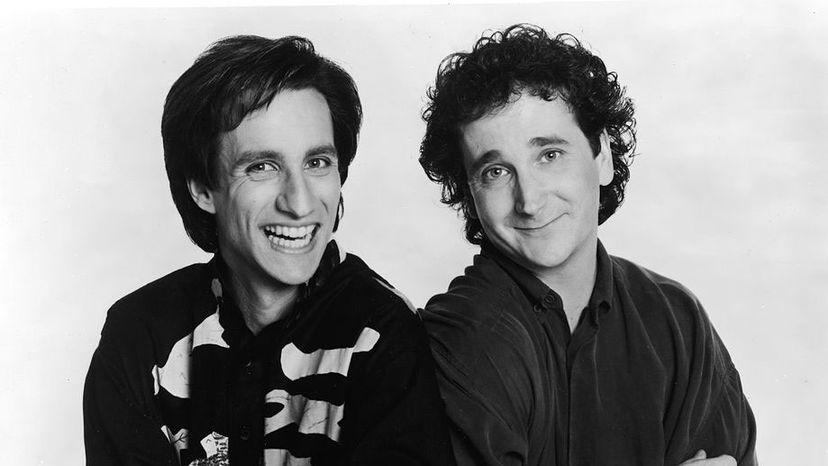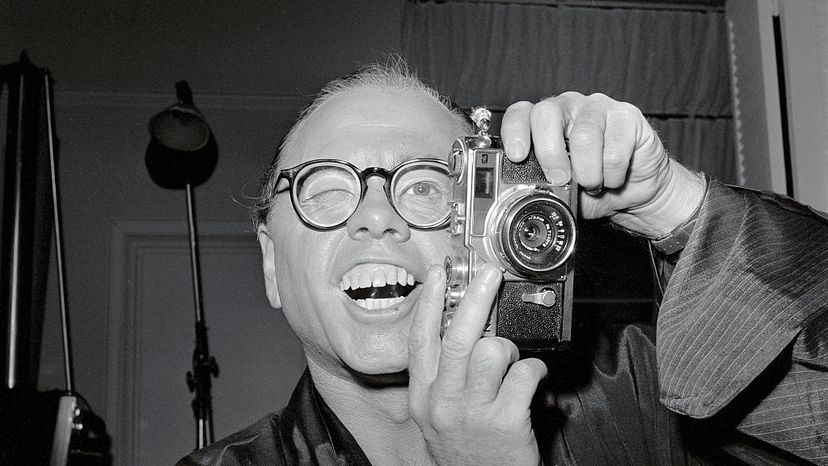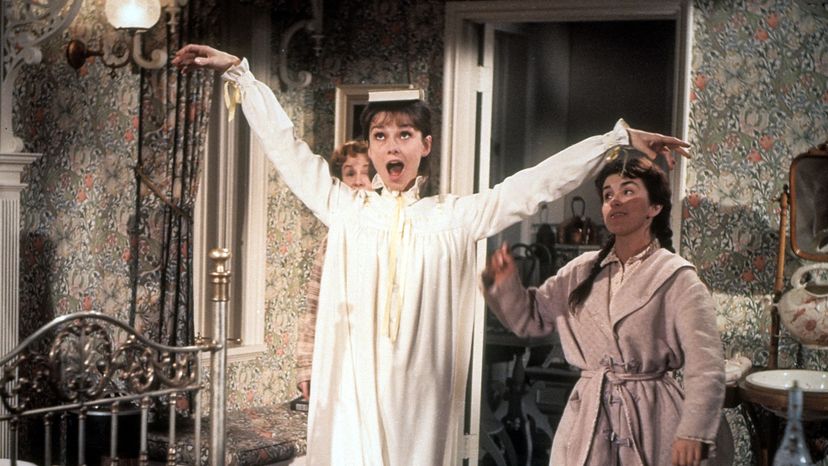
Although the simplest definition of an accent is how a person sounds when he talks, to the well-trained ear there's a lot more going on. In fact, an accent gives away a lot about the speaker. These details include from where he hails, perhaps down to the neighborhood, and sometimes subtler personal characteristics, such as socioeconomic status, ethnicity and whether his first language is a foreign one.
Though some professionals, like newscasters and actors, strive to sound "unaccented," this is actually a misnomer and pretty much impossible because everyone has some type of accent. Those people are instead striving for "unmarked speech," which omits any telltale accent signs specific to their particular geographic area.
Advertisement
Accent should not be confused with dialect, which is a variation of language that includes grammar, vocabulary (like slang), pronunciation and phonology not typically taught in a school setting, but acquired socially, according to Guy Arthur Canino, who specializes in business English and linguistics in Stuttgart, Germany. "If, say, a Scottish person wanted to communicate with a North American, he probably wouldn't use dialect because he wouldn't be understood, but he would still have a Scottish accent," Canino notes in an email interview.
Although there are probably thousands of accents in the world, they all fall into two main categories [source: Birner]. The first is the way people sound when they speak in their native tongue. For example, consider two people, one from New York and one Alabama, for instance. Both are native English speakers, but they sound very different.
The other category is how someone sounds when they speak a second language with influences from their native one. When most people learn a second language, they're taught to pronounce words or sounds differently from how they're used to speaking them in their first language. In other words, they have to put aside the language rules and habits they grew up with. This is very difficult, unless you've been highly trained or have a natural flair for languages. When we continue to use the rules of our first language, it makes the second sound obviously foreign. That's why we're advised to learn other languages as children, when our brains are more open to this type of change.
Advertisement


